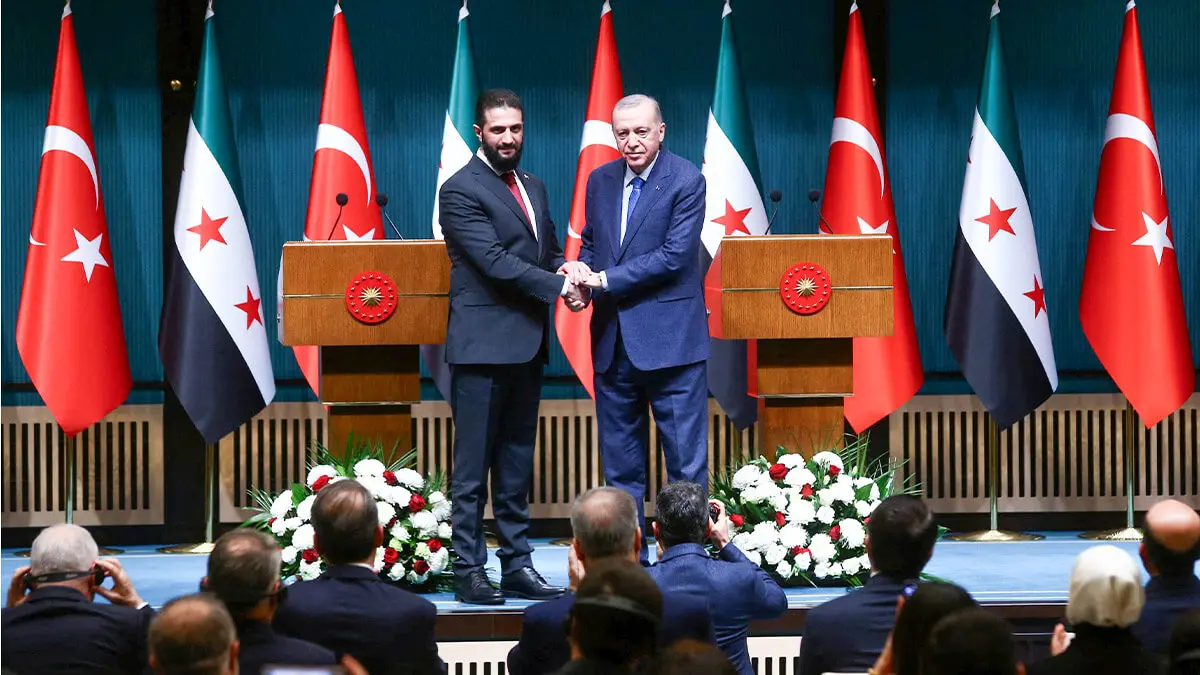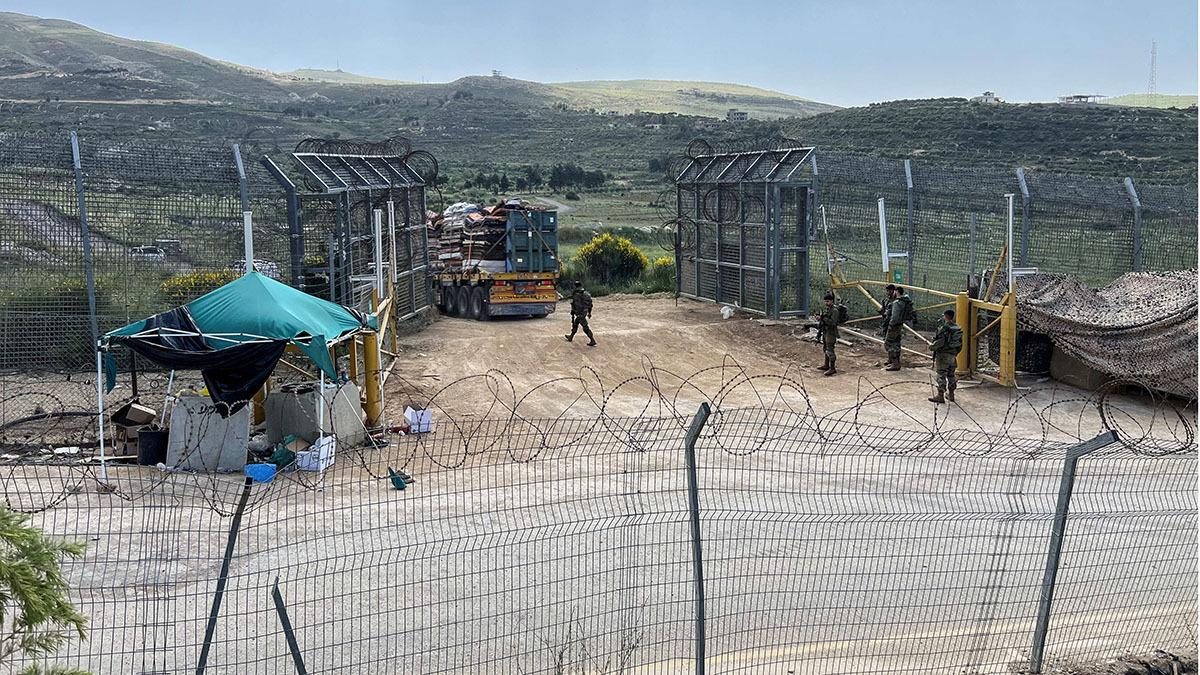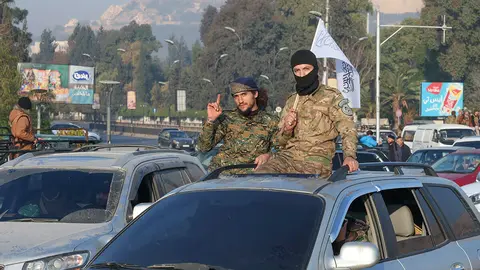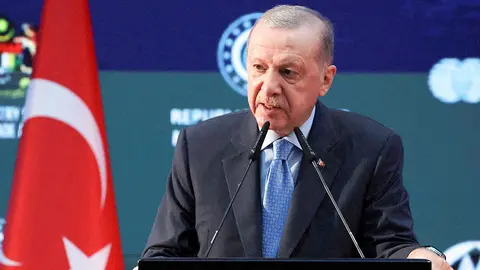Turkey threatens to intervene in Syria if its territorial integrity is threatened

‘Turkey will not allow the fragmentation of Syria,’ said Turkish Foreign Minister Hakan Fidan, who indicated that his country would be prepared to intervene militarily if there is a threat that the Syrian state could be dissolved into several factions.
In an attempt to balkanise Syria, this message from Fidan, which international observers consider ‘a false threat’, is a clear declaration of intent to the Kurds and Bedouin tribes, who believe that a weak government led by Ahmed Al-Sharaa would be beneficial to their interests; and for Israel, which has been bombing Damascus in recent weeks with the aim of making it easier for the Druze to declare their autonomy from Syria.
‘We will intervene against Israel. If they try to divide and destabilise Syria, we will perceive this as a direct threat to our national security and we will intervene,’ Fidan said.
Other experts, however, claim that Fidan's words are part of Ankara's strategy to win the approval of the Kurds, who hold 70% of Iraq and Turkey's oil reserves. This, coupled with the recent withdrawal of US support, makes the international experts' theory a clear picture of the situation.
Türkiye Dışişleri Bakanı Hakan Fidan 100 yıl önce Mustafa Kemal’in İngiliz emperyalizmi ile işbirliği yaparak, varolan bütün fırsatları da kullanarak bugünkü Türkçü devleti kurduğunu biliyor!
— Arif Zêrevan (@ArifZerevan) July 22, 2025
Çıkmış diyor ki İsrail devleti Suriye’yi dört parçaya bölmek istiyor ama Kürtler bu… pic.twitter.com/EtFh6r6Czq
It is well known that Ankara's interests in controlling the Kurdish factions are of vital importance to Erdogan, even if this means, as his foreign minister has stated, intervening. For the time being, Turkey is avoiding any kind of confrontation, but without losing sight of Israel's focus and interests in weakening the Syrian government, with which Turkey has close relations.
Israel's attempts to fragment Syria have not ceased. Since the attacks began in the Sweida region, more than 1,200 people have been killed in raids and bombings. Meanwhile, leaders from other governorates in the country, such as Hussein al-Nusayrat from the Daraa governorate, are participating in the displacement of the civilian population by bus to regions in the east of the country to avoid further consequences.

Although presented as a defence of Syrian unity, Turkey's stance responds to its need to protect its strategic interests in the region and prevent the consolidation of hostile entities. That is why the Turkish authorities have described the Israeli attacks in Damascus as ‘an attempt to undermine stability and peace throughout the region’.
Following the departure of Bashar Al-Assad from the Syrian government, the country faces fragmentation unlike anything seen in its recent history and a territorial and political reconfiguration in which ethnic-sectarian tensions, forced displacement and struggles for local control are intertwined with the interests of external entities and actors.

It is against this backdrop that Turkey has seized the opportunity to increase its influence in the north of the region, where it rivals the Kurdish People's Protection Units (YPG), which the Turkish authorities consider to be an offshoot of the Kurdish Workers' Party (PKK).
In his statements, Fidan warned that diplomacy is the only way forward, but ‘if it goes further and seeks division and destabilisation, we will consider it a direct threat to our security and will intervene’. So far, no Israeli authority has commented on the Turkish minister's statements. Finally, the recent publication of a report on violations against the Alawite population and the involvement of armed actors reveals the fragility of the Syrian government.











